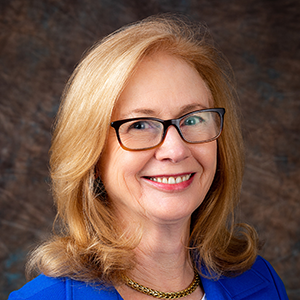Biography
Chris is a strategic advisor to QIAGEN following the acquisition of N-of-One in 2019. Previously, Chris served as the Chairperson and Chief Executive Officer of N-of-One from 2012- 2019 where she led the transformation of N-of-One’s patient concierge business to a leading molecular decision support company in oncology. Under her leadership she raised capital, created the digital strategy for interpreting molecular diagnostic tests and led the strategic process resulting in a successful sale to QIAGEN in 2019. Prior to joining N-of-One, Chris was the Vice President of Clinical Analytics for Optum responsible for clinical EHR solutions. Prior to joining Optum through the acquisition of Picis in 2010, Chris was the President and COO for Picis, Inc., a global leader in the Healthcare IT market, offering digital EHR solutions to automate the clinical and revenue cycle workflows for the high acuity operations of hospitals. Previous to Picis, Chris was held leadership positions at Harte Hanks and Lightbridge. From 1994- 2001, Chris held technology roles at Lotus as Chief Information Officer and at IBM where she was Vice President of Global Business Transformation responsible for the order to cash operations and for the Information Technology/CIO function for the IBM's $8B software business. Chris currently serves a member of the Board of Directors for CareDx, Inc. a leading precision medicine company focused on high value solutions for transplant patients and caregivers. She has also provided technology expertise to three public boards including Stride Rite, GTECH, and BJ’s Wholesale group and has been a director for Emerson Hospital. Chris holds a B.S in Business Administration from the University of Massachusetts, an MA in Economics from Northeastern University and has attended MIT ‘s Executive Education Program.
Session Abstract – PMWC 2020 Silicon Valley
The purpose of clinical decision support tools and systems is to provide accurate, timely information to the clinical team and patient to help inform about a patient’s care. Clinical decision support can potentially lower costs, improve patient outcomes and efficiency, and reduce patient inconvenience. In this session, we will hear from representatives from major healthcare organizations about their perspectives and experiences when adopting/implementing clinical decision support.









